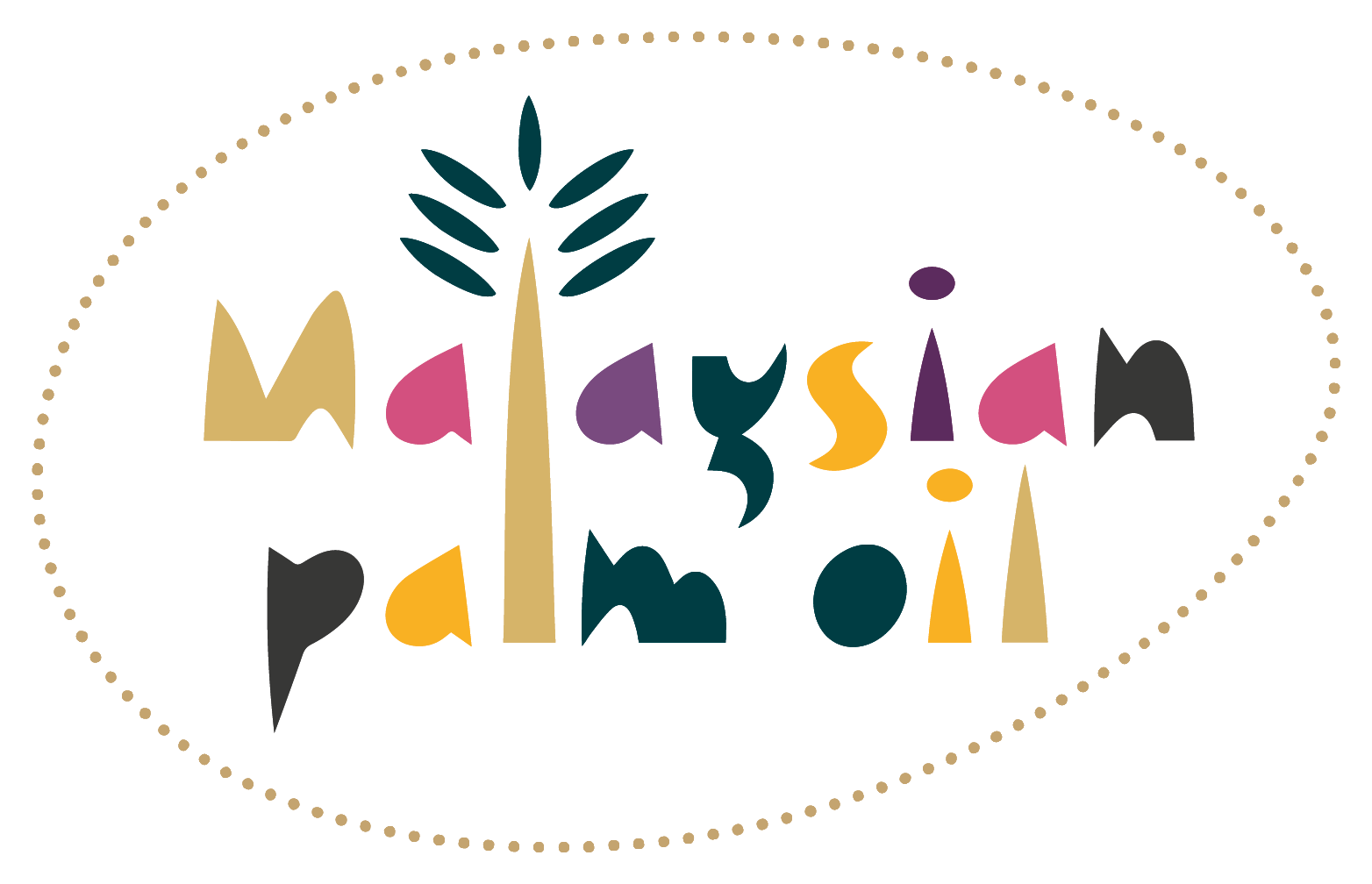Innovation
Agriculture needs to introduce innovations to improve yields, lower emissions and land use, and become more efficient to feed the worldâs growing population. Palm oil has itself been described as a âdisruptive technologyâ because of the way itâs huge efficiency and productivity have re-shaped the global vegetable oil market.
Two fascinating case studies, where Malaysian palm oil is leading efforts to innovate, are genetics and automation.
Genetics: SureSawit
Genetic testing advances in agriculture have given farmers the ability to improve yields significantly. With palm oil, one of the key productivity markers comes in the form of the âshell geneâ in an oil palm tree. This marker gives planters the ability to determine which trees will be the most productive.
However, one of the problems is that, without genetic identification, it hasnât been possible to identify which plants will be most productive until three years after planting.
In around 2015, the SureSawit gel kit was introduced. It is a commercial DNA kit that permits the testing of oil palms prior to their planting in the nursery seedling stage â therefore improving the yield of plantations well in advance.
The introduction of SureSawit screening has had a profound impact on plantation development and replanting procedures not just in Malaysia, but all around the world, and will assist farmers in developing countries to improve their lives further.
Automation: Robots and Drones
The COVID pandemic led to a shortage of agricultural workers worldwide, particularly in countries such as Malaysia that have a high migrant workforce. This prompted many in the palm oil industry to accelerate work on automation.
Automation in horticulture in particular isnât new, and many orchards now rely on automated fruit picking. But in palm oil itâs quite novel, because of both the terrain and the height of palm trees. Currently researchers are working on oil palm robots that will climb the trees and pick the fruit rather than the methods used in most horticultural operations.
Companies are also extensively using drone technology to improve operations. The sheer size of oil palm plantations means that on-site inspections can take many person-hours. Using drones to capture information about the state of plantations can improve responses to threats such as pest infestations and fires, and are also being used for spraying operations, which improves safety for human workers.
MPOB established MARCOP (Mechanisation & Automation Research Consortium for Oil Palm) in 2021. The initiative is co-funded between government and industry. 20 proposals for funded projects were received within the first year of MARCOPâs implementation.
